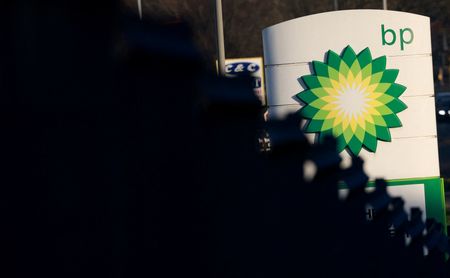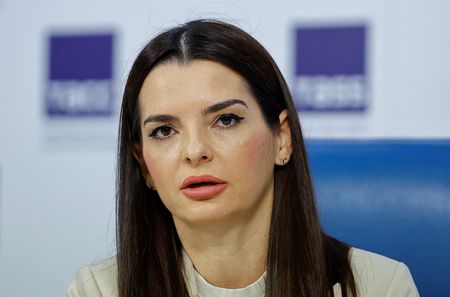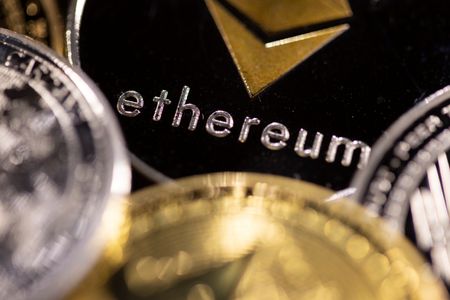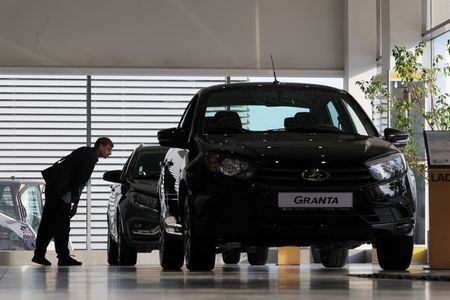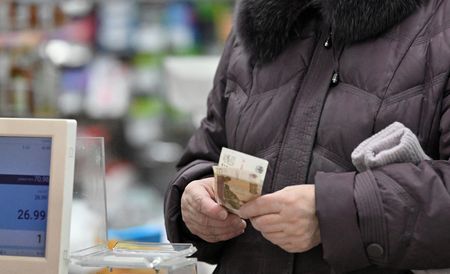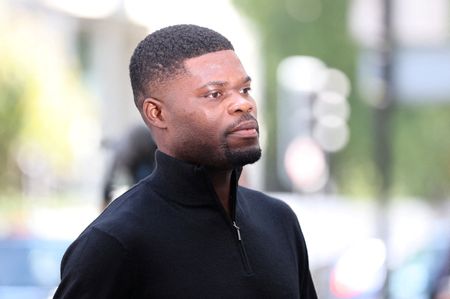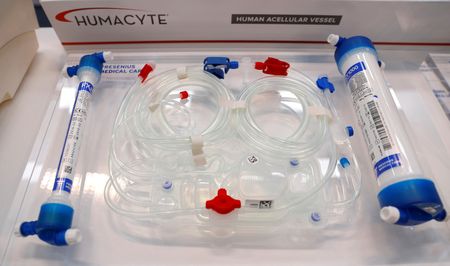By Shadia Nasralla
LONDON (Reuters) -BP will reassess its production assets and consider more cost cuts to boost shareholder returns, the oil major said on Tuesday, as it beat second-quarter profit expectations.
CEO Murray Auchincloss, under pressure not least from activist investor Elliott, reaffirmed plans to divest $20 billion in assets by 2027 and reduce debt and costs.
“We will conduct a thorough review of our portfolio of businesses to ensure we are maximizing shareholder value moving forward – allocating capital effectively. We are also initiating a further cost review,” Auchincloss said.
“BP can and will do better for its investors.”
The review will guide how BP allocates its $13–$15 billion annual investment budget, with focus areas including new projects in Azerbaijan, Iraq, and Libya, and recent exploration successes in Namibia and Brazil, Auchincloss told Reuters.
BP on Monday called its Brazil Bumerangue block discovery its largest in 25 years.
Auchincloss said BP may seek partners for some upstream assets. “It’s a nice problem to have,” he said.
BP has already achieved $1.7 billion of its $4–$5 billion cost-cutting target for 2023–2027. Finance Chief Kate Thomson said benchmarking data coming in over the summer could prompt further reductions.
The review comes after Auchincloss talked to incoming Chair Albert Manifold, who replaces Helge Lund next month. Lund had come under pressure for supporting BP’s previous pivot to renewables, which has weighed on its share performance since 2020.
Rumours have abounded about BP becoming a takeover target, pushing rival Shell to deny media reports in June that it was in merger talks with BP.
BP reported second-quarter adjusted net income of $2.4 billion, down 14% year-on-year, but ahead of analysts’ average forecast of $1.8 billion. Its shares were up 2.1% at 0853 GMT, outperforming the European energy index.
BP’s quarterly performance was boosted by a 33% profit increase at its customers and products division, driven by strong oil trading, higher volumes, and a 20% rise in earnings at its Castrol unit.
That contrasted with a weaker quarter in oil trading at Shell.
Auchincloss said the process to sell Castrol, the biggest piece of its divestment programme, was going “fine”.
BP’s gas and low-carbon earnings also exceeded expectations.
BP has completed $3 billion in divestments towards its $3–$4 billion 2025 goal. Net debt fell by $1 billion to $26 billion, compared with a target range of $14–$18 billion by 2027.
The company raised its quarterly dividend by 4% to 8.32 cents and will repurchase $750 million in shares before third-quarter results, keeping its buyback pace steady.
Brent crude oil averaged $67 per barrel in April-June, down from $75 in the previous quarter and $85 a year earlier.
(Reporting by Shadia Nasralla. Editing by Louise Heavens and Mark Potter)

